Perfumery would not be what it is today without musk. This valuable ingredient first obtained from an animal source shows just how creative the perfume industry can be in solving ecological problems
Musk has been highly valued for centuries both for its medicinal and fragrant properties. While authentic deer musk has been largely replaced by synthetic musk in the fragrance industry, musky notes are still one of the most important materials used in perfumery today.
The original and authentic musk is obtained from the musk deer living in Asia and Siberia. Musk is contained in the internal glands of the deer, which are situated between its hind legs. To obtain the raw material, the animal is killed before the glands are removed and dried quickly.
Wild musk deers are used almost exclusively in obtaining the raw material, although musk deers are also farmed in Asia. Dozens of deers need to be killed to obtain one kilogram of musk, which in addition to the high demand of the product has pushed the price of musk to staggering heights. High profit in turn encourages hunting of the musk deer, which leads to overhunting and endangering the species.
The fragrance of pure dried musk has been described as unpleasantly animalistic and powerful. The raw material needs to be diluted to a solution of about 3-5% of musk before the unique aroma can be truly appreciated. The scent of musk tincture is described as warm, animalistic, earthy, powdery, fatty, spicy, and woody.
White, Animal, and Botanical Musk
Because overhunting of the musk deer has endangered the species, a ban on hunting the animal was issued in 1979. This forced perfumers to search for alternative musky compounds.
The first synthetic or white musk was accidentally developed in 1888 by Albert Baur. Baur tried to develop a more effective form of the explosive TNT, but instead ended up creating Musk Baur, the first of the so called nitro-musks. Baurs invention led to the development of many similar compounds such as Musk Ketone and Musk Xylene.
Nitro-musks were later banned because of their toxicity, but not before being successfully applied in the legendary perfume Chanel No. 5. After the discovery of synthetic musk by Baur, other groups of white musk with different chemical structures were developed.
So called macrocyclic musks constitute one of the most important groups of synthetic musk. These compounds are either derived from natural sources or possess a similar structure to natural musks. For example the macrocylic compound Muscone is the key ingredient of authentic deer musk.
Today a perfumer can utilize a vast array of different synthetic musk compounds in his work. Because most of the synthetic musks are quite simple on their own and cannot match the complexity of authentic deer musk, different synthetic compounds are often blended together to add depth to the fragrance. Blending musk compounds gives the perfumer a possibility to create the exact musk profile he needs for his perfume.
Besides the Asian musk deer, a few other animals produce musky substances that are employed in perfumery. The two most important animal musks after authentic deer musk are castoreum and civet. Castoreum is obtained from the scent glands of both the North American and the European beaver. Civet is harvested from the glands of civet, a small mammal native to the tropical forests of Asia and Africa.
Musky compounds can also be isolated from the plant kingdom. A few plants produce musky fragrances that are suitable for use in perfumery. These so called botanical musks are more expensive than synthetic musks, but are still widely employed in the perfume industry. The most important examples of botanical musks are garden angelica, musk flower, and ambrette seeds.
Musk in Perfumery
Musk, whether it be authentic deer musk, synthetic musk or botanical musk, is the one most used ingredient in perfumery. It is such an important part of perfume, that it is almost impossible to find perfumes that do not contain musky compounds.
There are many good reasons to value musk as an integral part of perfume. First of all, musk acts as a fixative by greatly extending the duration of any perfume. Secondly, the gentle nature of musk helps to bind the different notes of a perfume together while smoothing out some rough edges. Finally, musk in itself provides a great and complex scent to the fragrance.

Most musk compounds are used as base notes. The gentle, warm, and powdery scent of musk provides a great foundation for the sharper and more volatile middle and top notes. In addition, musk leads the perfume to a wonderful powdery dry-down, wherein the true captivating allure of musk reveals itself at last.
While most perfumes use musk as a part of their composition, not every perfume makes musk the central note of the fragrance. Because musk can be unpleasant if used too much, it can be challenging for a perfumer to make musk the leading fragrance of his perfume. On the other hand, only perfumes focusing on musk can truly unveil the magnificent essence of musk.

If you want to get a good impression of the animalistic, wild, and feral character of musk, try Serge Lutens’ Muscs Koublai Khan. This fragrance combines various natural musks such as civet, castoreum, and ambrette with rose, cumin, and patchouli. The result is a raw and powerful yet sophisticated fragrance for both men and women.
For an oriental musk experience, pick up Musc Ravageur from Editions de Parfums Frederic Malle. This spicy fragrance created by Maurice Roucel opens with bergamot and cinnamon and soon develops into an enticing soft musk perfume with a touch of vanilla. The multifaceted character and interesting sillage of Musc Ravageur will not let you down in any situation.

If you are terrified by the feral character of musk, try Musc Nomade by Annick Goutal. Musc Nomade proves just how diverse a fragrance musk can be. The perfume combines a range of white musk compounds with tonka bean, labdanum, and Bombay wood. With its complex bouquet, the perfume proves that musk fragrances do not need to be overtly animalistic and masculine. Quite the contrary, Musc Nomade is a clean and unique musk perfume that does not fall into the category of feral and dirty musks, but still manages to retain a sense of sophistication.


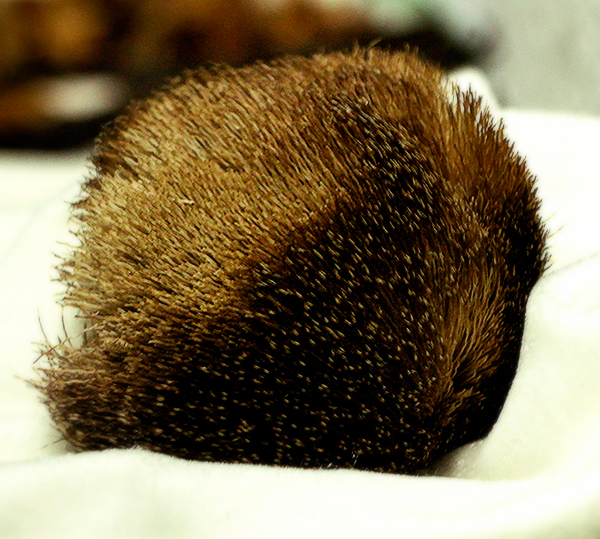


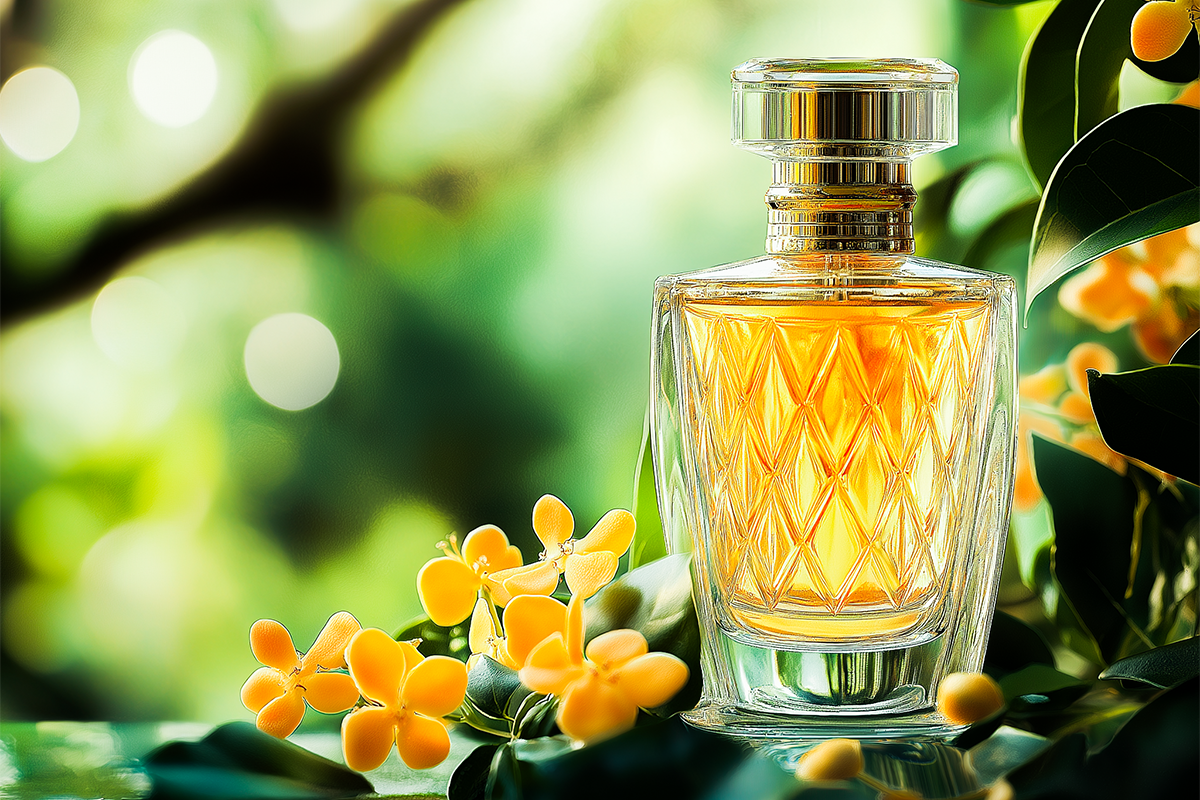
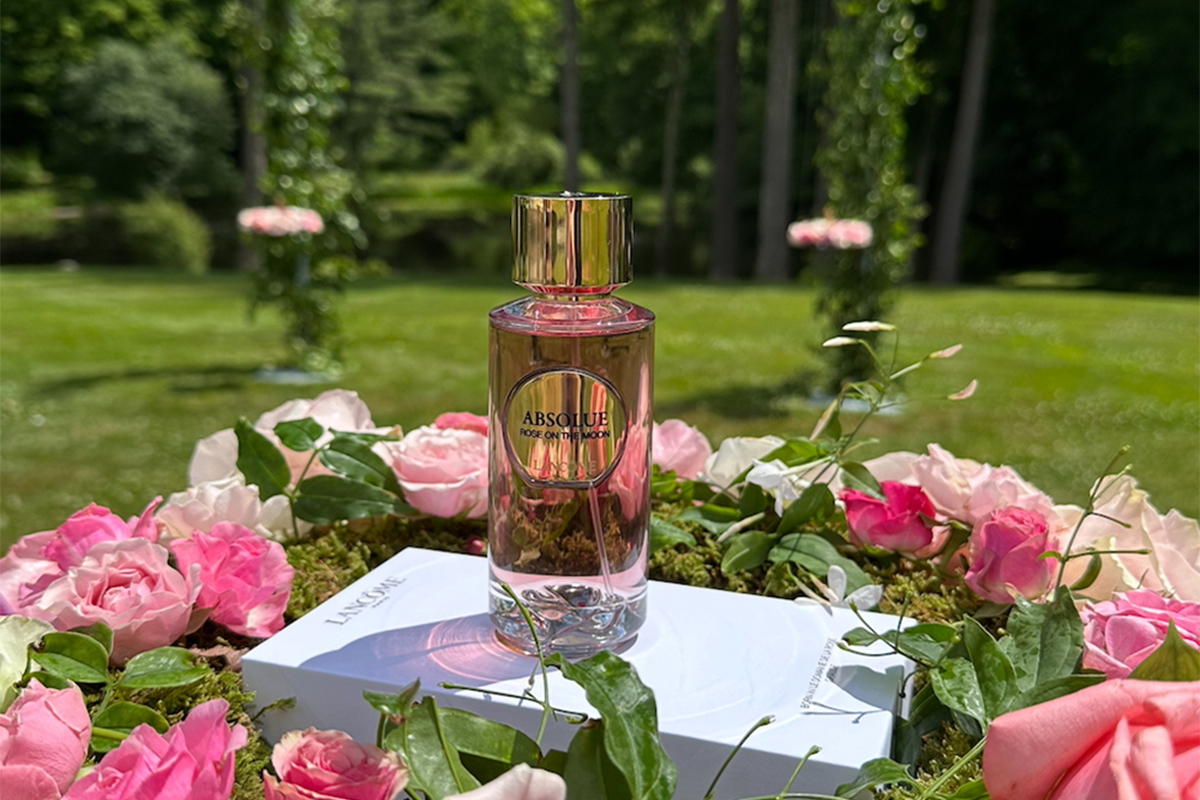
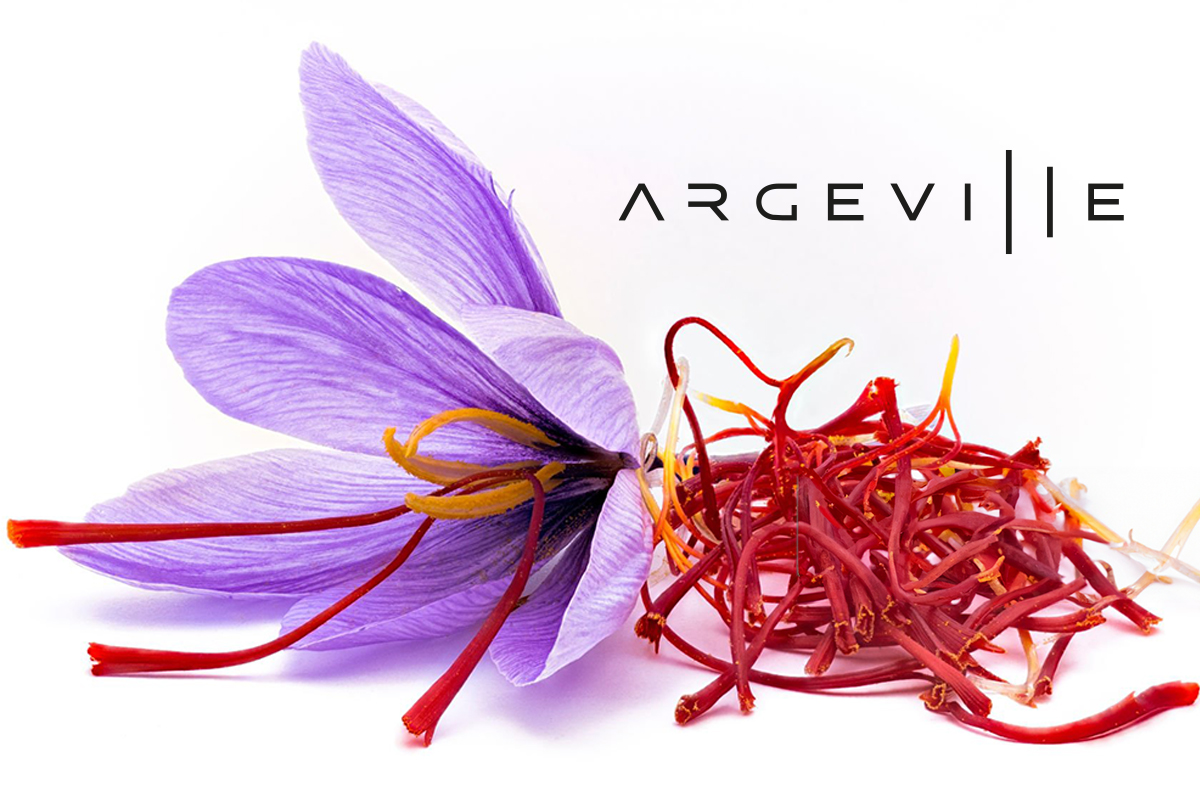
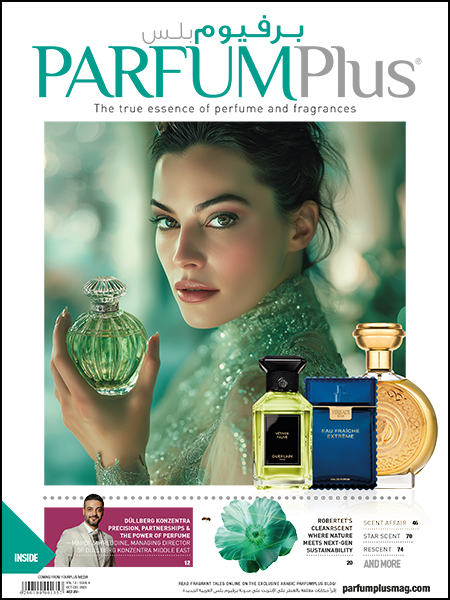


Add Comment